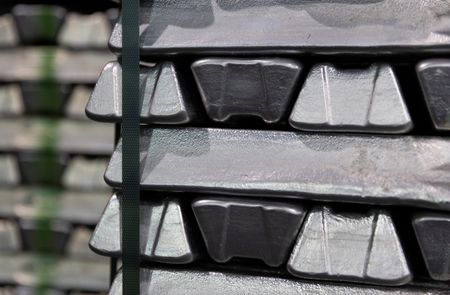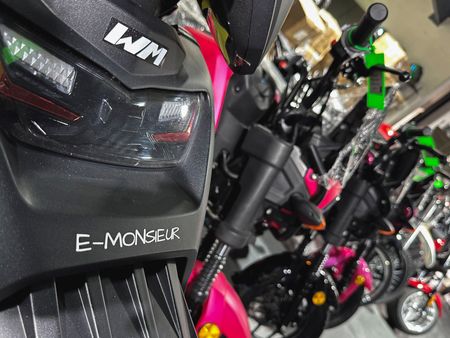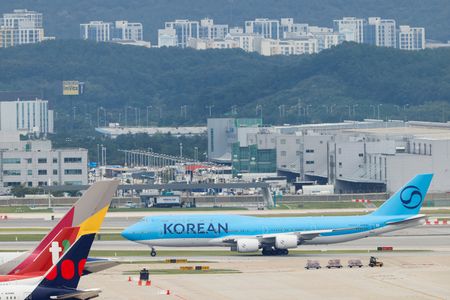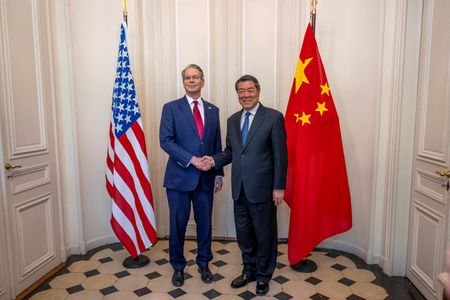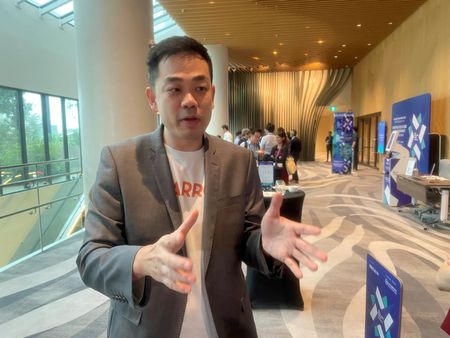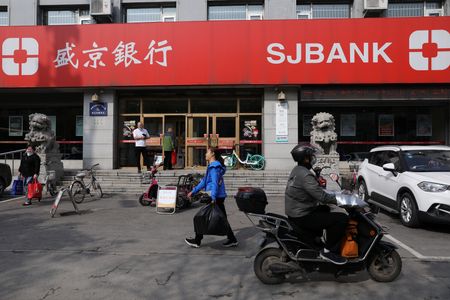By Yuka Obayashi
TOKYO (Reuters) -The premium for aluminium shipments to Japanese buyers for April to June was set at $182 a metric ton, down 20% from the current quarter, as demand remained dull at home, six sources directly involved in pricing talks said.
The figure is lower than the $228 per ton paid in January to March and marks a first quarterly decline in five quarters, but it remains below initial offers of $245 to $260 per ton made by global producers.
Japan is a major Asian importer of the light metal and the premiums for primary metal shipments it agrees to pay each quarter over the benchmark London Metal Exchange (LME) cash price set the benchmark for the region.
“The aggressive initial offers were based on expectations that U.S. tariffs would push Canadian aluminium from the U.S. to Europe, driving up the U.S. premium and redirecting metal bound for Asia to North America,” said a source at a Japanese rolling mill.
“But so far, only a uniform aluminium tariff has been implemented, leading to little change in material flows,” the source said, noting the final agreement reflects weak domestic demand.
U.S. President Donald Trump imposed a 25% tariff on all steel and aluminium imports into the United States, effective March 12.
However, he suspended 25% tariffs he had imposed early March on most goods from Canada and Mexico. The exemptions for the two largest U.S. trading partners, expire on April 2.
“Global suppliers had to compromise to align with local spot premiums, which were around $170 or lower,” said another source at a Japanese trading house.
Japan’s demand from automakers and the construction sector remained sluggish, even as aluminium stocks at three major Japanese ports fell 3.5% in February from the previous month to 313,400 tons, according to Marubeni.
Quarterly pricing talks began in late February between Japanese buyers and global suppliers, including Rio Tinto, and South32.
The sources declined to be identified due to the sensitivity of the matter.
(Reporting by Yuka Obayashi; Editing by Kirsten Donovan and Leroy Leo)

